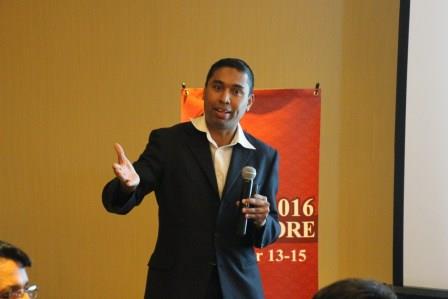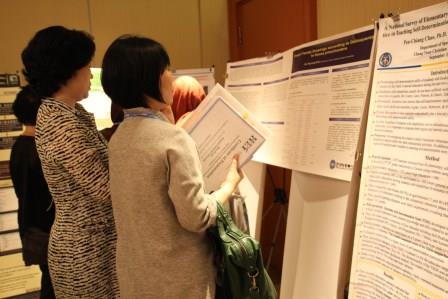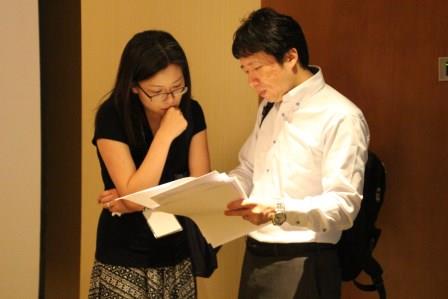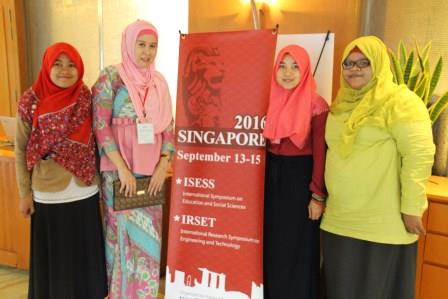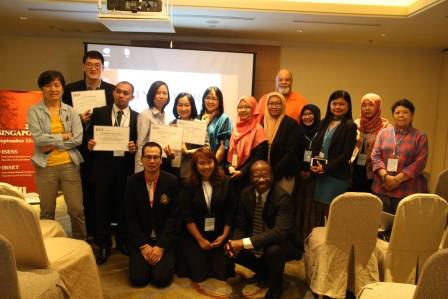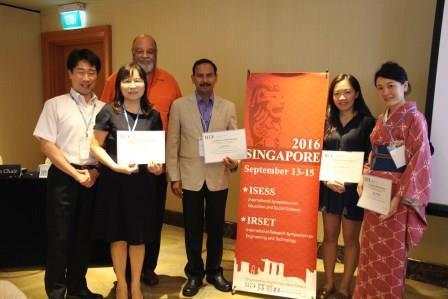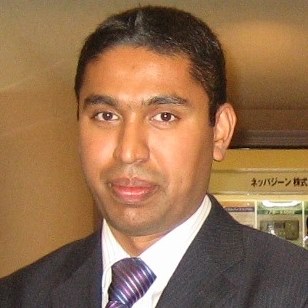2016 IACET
International Academic Conference on Engineering and Technology
September 13-15, 2016 Singapore
Best Paper Award
Keynote Speech
Dr. Ezharul H. Chowdhury
Jeffrey Cheah School of Medicine and Health Sciences Faculty of Medicine, Nursing & Health Sciences MONASH University (Sunway campus) Jalan Lagoon Selatan, Bandar Sunway Malaysia
Topics:
pH-sensitive inorganic nano-crystals for smart and targeted delivery of anti-cancer drugs and small interfering RNA (siRNA)
Abstract:
Treatment of a human disease in the genetic level either providing a cell with a functional gene or a nucleic acid sequence to precisely silence a harmful gene is a powerful approach to revolutionize the clinical medicine. Despite existence of both genetically engineered viral vectors and synthetically designed lipid- or polymer-based nano-carriers, an ideal delivery system in terms of safety and efficacy is still lacking. We have recently developed a highly efficient gene delivery device based on carbonate apatite nano-crystals having high affinity for siRNA or drugs (through electrostatic interactions) but fast dissolution kinetics for effective release of the payloads during vesicular acidification. Moreover, for cell-specific and more efficient transgene delivery, we successfully assembled a desirable cell-recognizable protein and a highly hydrophilic protein onto the crystal surfaces, thereby creating dual surface properties, one facilitating cell-specific delivery and the other blocking non-specific interactions. A delicate control on manipulation of particle diameter additionally helps us passively target the nanoparticles to the tumor via EPR effect. As a result, intravenous delivery of nanoparticles-associated siRNAs targeting growth factor receptors and anti-apoptotic genes resulted in significant reduction in tumor regression in a syngeneic mouse model of breast cancer, and remarkably sensitized the tumor to the chemotherapy drugs, thus shedding light on their potential applications in treating breast cancer in human patients.
Keynote Speaker Introduction
Dr. Ezharul H. Chowdhury is currently holding an Associate Professor position and a cluster leader of 'Biomedical Engineering' under Advanced Engineering Platform (AEP) at MONASH University (Sunway Campus). Prior to this appointment, he was a Senior Lecturer at International Medical University (IMU) since September 2008 and an independent Assistant Professor of Tokyo Institute of Technology (Tokyo Tech) as well as a Visiting Professor at Shizuoka Cancer Center Institute since 2006. He was awarded with 'Doctor of Engineering' in 2003 by Tokyo Tech where he also carried out a post-doctoral study and subsequently, served as a team leader. He has pioneered the development of a range of pH-sensitive inorganic nanoparticles as smart tools for efficient and targeted intracellular delivery of genetic materials, gene-silencing elements, proteins and classical anti-cancer drugs. He is currently applying this smart nanotechnology for the treatment of cancer, particularly breast carcinoma and cardiovascular diseases, such as diabetes. His team is now conducting pre-clinical trials with some interesting nano-formulations of classical anti-cancer drugs, therapeutic gene(s) and anti-sense RNAs (siRNAs). His research team is thus one of the leading groups in the world, having original and unique contributions in this multidisciplinary field. Currently he is supervising 8 PhD students and 1 Master student. His research projects have so far been funded internally through institutional grants as well as externally by the Japanese Government's Ministry of Education, Culture, Sports, Science & Technology (MEXT), Japan Society for the Promotion of Science (JSPS), the Malaysian Ministry of Science, Technology and Innovation (MOSTI) and Ministry of Higher Education (MOHE). He works as editorial board members for 5 international journals. His outstanding contributions have so far produced over 65 publications in the international journals of high repute, with more than 15 average citations per article and 5 Japanese and US patents.


